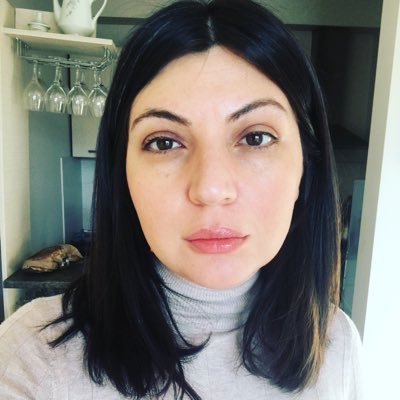
Sopo Japaridze
@sopjap
Followers
23K
Following
59K
Media
857
Statuses
29K
Old school socialist. Follow me for Soviet Georgia History podcast and current events in Georgia (the country); working class and social/economic commentary.
Tbilisi, Georgia
Joined December 2016
